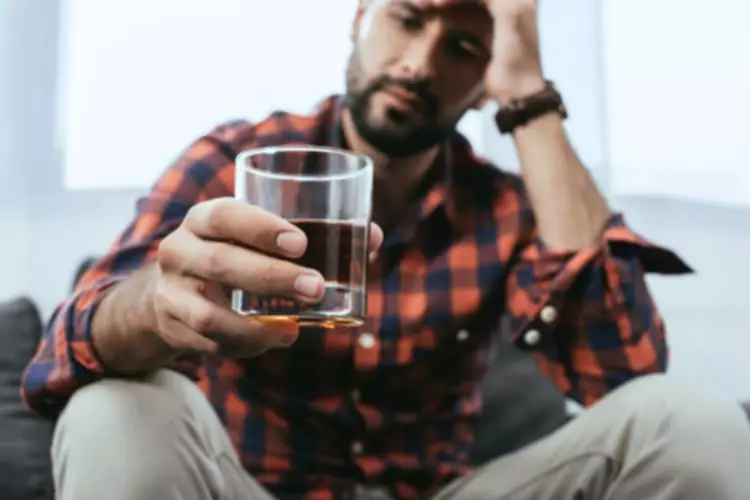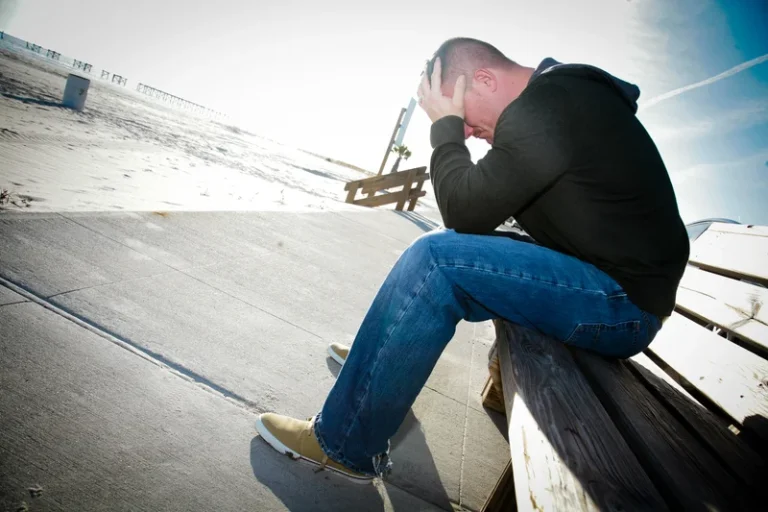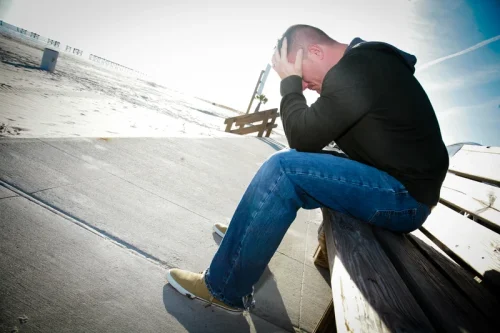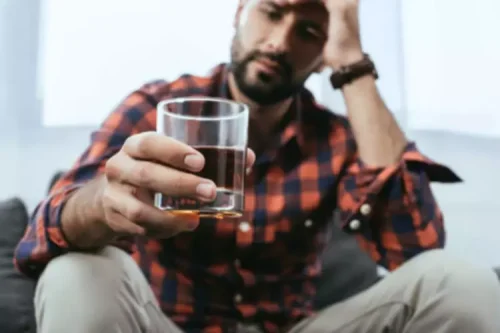
Quitting alcohol completely can be a challenge, but there are more ways to do it than ever before. Any license penalties imposed for DUI will be separate from those imposed for refusing a chemical test. Drivers with a DUI conviction will also likely lose their license for a minimum of three months. This can cause difficulties getting to work, school, and other essential tasks.
DUI Laws That Apply Only to Public Highways and Properties
Copyright ©2024 MH Sub I, LLC dba Nolo ® Self-help services may not be permitted in all states. The information provided on this site is not legal advice, does not constitute a lawyer referral service, and no attorney-client or confidential relationship is or will be formed by use of the site. In some states, the information on this website may be considered a lawyer referral service.

Find agents near you or contact us
In some jurisdictions, drivers convicted of DUI have their licenses revoked. In many states, if you refuse to take a chemical test, your license may be suspended regardless of whether you are convicted. Some states impose mandatory jail time, even if a DUI is charged as a misdemeanor. Justia provides a comprehensive 50-state survey on DUI laws in each state, including legal alcohol limits and minimum penalties.
- Penalties that you may face if you are convicted of a DUI can include imprisonment, fines, mandatory alcohol assessment and treatment, community service, and probation.
- State laws establish the penalty ranges based on the number of prior DUI convictions as well as other aggravating factors.
- During driving, the device may also require additional samples to continue driving.
- Drivers who receive a DUI spend an average of six months in jail and three years on probation.
- Men are most likely to be involved in this type of crash, with four male drunk drivers for every female drunk driver.
The effect of alcohol consumption on risk-taking while driving
With each subsequent conviction, the penalties escalate in severity, serving as a deterrent and a means of protecting innocent lives. About one-third of fatal car crashes in the United States in 2019 involved drunk drivers. Every day, 29 people in the U.S. die in an alcohol-related car crash, equaling one preventable death every 50 minutes. There’s no question that drunk driving hurts the lives of both drunk drivers and their victims.

According to the National Highway Traffic Safety Administration (NHTSA), approximately 11,654 Americans were killed in alcohol-impaired driving crashes in 2020; deaths like these were 30% of all total motor vehicle traffic fatalities in the US. In addition to threatening the driver’s life and safety, driving drunk also threatens the lives and safety of other drivers and pedestrians on the roadways, causing motor vehicle crashes and more than 30% of all traffic fatalities. Although not all marijuana smokers are impulsive risk-takers, impulsive risk-takers are likely to smoke marijuana, drive recklessly, and also smoke marijuana before driving. Identification of such traits in a marijuana-using patient should prompt additional counseling on using a seatbelt and other “harm-minimization” interventions. The validity of case-control studies rests entirely on careful matching of cases with controls, which is hard to do. Dussault and Breault’s study also only measured carboxy-THC, so the calculated OR was really for the risk of accidents given marijuana use at all rather than for marijuana use while driving.
Getting behind the wheel after having even just a few drinks can prove to be dangerous to yourself, pedestrians, and other drivers. Many states require offenders to install ignition interlock devices at the driver’s own expense. An ignition interlock device is a breath test device connected to a vehicle’s ignition.
Are Just a Few Drinks OK?

In 2022, 5,934 people operating a motorcycle were killed in traffic crashes. Of those motorcycle riders, 1,705 (29%) were drunk (BAC of .08 g/dL or higher). In every state, it’s illegal to drive drunk, yet one person was killed in a drunk-driving crash every 39 minutes in the United States in 2022.
Legal Consequences of Drunk Driving: Penalties, Fines, and Potential Jail Time for DUI Offenders
Drivers who are younger than 21 years old are generally prohibited from consuming alcohol and are certainly prohibited from driving after drinking. State laws that prohibit underage drinking and driving go by different names such as “zero-tolerance,” “underage DUI,” “minor DUI,” “not-a-drop,” and the like. In many states, DUIs that involve certain “aggravating factors” carry more severe penalties. Depending on the state, factors that can lead to enhanced DUI penalties might include having minor children in the vehicle, excessive impairment, and causing injuries or property damage.
- Survivors of drunk driving accidents, and even the families of those who have lost loved ones in such accidents, may suffer from emotional trauma, including post-traumatic stress disorder (PTSD), depression, and anxiety.
- Tough enforcement of drunk-driving laws has been a major factor in reducing drunk-driving deaths since the 1980s.

These variations can determine how quickly or slowly you metabolize alcohol, making you more or consequences of driving drunk include: less susceptible to its effects. When you drink it, your stomach and small intestine absorb it into the bloodstream. Alcohol makes your stomach produce extra acid, leading to inflammation of the stomach lining (gastritis). Diarrhea, vomiting, heartburn, ulcers, and stomach pain after drinking are common side effects.
Moderate alcohol consumption is generally safe, depending on your health and tolerance. At a .04 BAC, a person can lose control of small muscles, including focus. Inhibitions lower, and the ability to respond to situations, such as unexpected vehicles or objects on the road, becomes more difficult.
